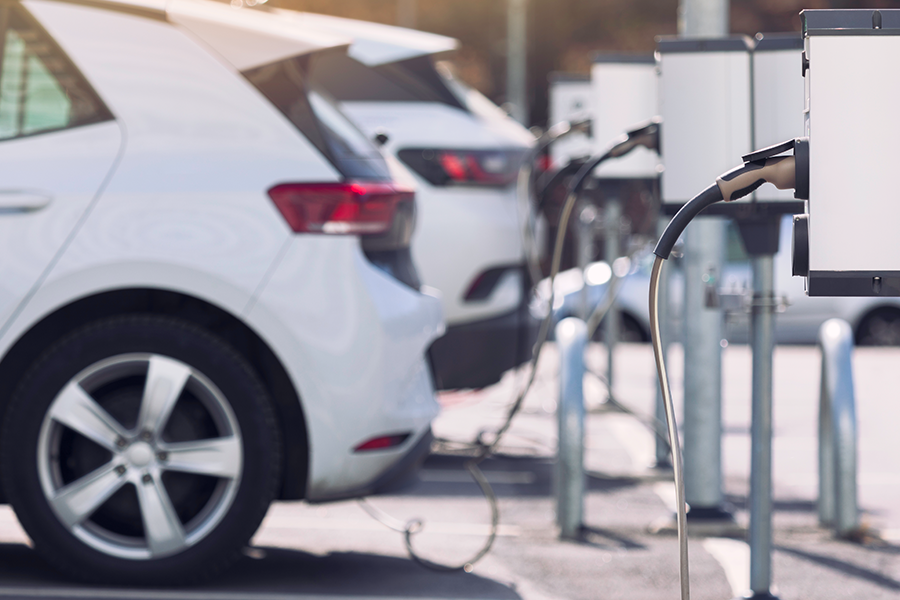
The anticipation surrounding the electric revolution has left no sector of the motor industry untouched. From small parts distributors to the giant car manufacturers the impact is expected to be far-reaching, with a myriad of factors contributing to this transformation.
February of 2023 witnessed the European Parliament approval of a new law banning the sale of both petrol and diesel cars from the year 2035 sent shockwaves through industry. This ban not only threatens sales but also accelerates the European Unions’ commitment to combat climate change, driving the rapid transition to electric cars despite stricter emissions standards having already been introduced in recent years. Incentives for consumers electric car adoption and the industry’s focus on sustainability are likely to intensify.
Among the nations most affected by this shift is Germany, which stands as the largest earning nation from fossil fuel vehicles. However, Germany has secured an agreement with the European Commission to manufacture climate-neutral e-fuels vehicles on sale after the 2035 deadline. The European Union has dedicated itself to significantly reduce gas emissions from transport by the year 2050 and has become a strong advocate of electric cars. With cars responsible for 15% of CO2 emissions in the EU alone, it comes as no surprise that they aim to push car makers to reduce carbon emissions from new vehicles to 100%. While not all countries embrace this ban, some seek to slow the pace of the European Laws to manage the transition more effectively.
In March of this year, an alliance led by Germany and France raised the temperature in Brussels by challenging the EU legislation demanding changes. Other countries have joined this alliance calling for the watering down of the new legislation. Italy’s business minister has expressed discontent, arguing that a forced switch to electric vehicles would harm the European car industry and benefit Chinese manufacturers. The proposed ban is just 12 years away, leaving the motor industry with just 144 months to adapt to the impending challenges.
So, what does this mean to the wider motor industry? Technicians will need to acquire new skills and knowledge related to electric drivetrains, high voltage systems, battery technology and specialized diagnostic equipment. Additional training and education will be necessary to adapt to the evolving technologies of electric vehicles. While electric cars generally require less maintenance to their internal combustion engine counterparts, mechanics will experience a shift in both maintenance and repairs. They will need specialized tools and equipment to handle high-voltage systems safely, as well as diagnostic equipment and battery service tools. Proficiency in handling both electric and traditional vehicles will be crucial during the transition period along with high quality service, maintenance and repair information from manufacturers.
Moreover, the popularity of electric cars continues to surge, with manufacturers investing heavily in electric vehicle production. This shift in demand will impact on the automotive supply chain, requiring parts suppliers to refocus on electric vehicle components. Innovations in battery technology aim to address concerns such as range anxiety and high vehicle purchase costs, while improvements in charging time and infrastructure expansion aim to provide a more convenient charging network.
While challenges surrounding power grid capacities, load capacities, extreme weather performance, rare earth materials and battery disposal persist, ongoing research and development seeks to address these concerns and simplify the decision-making process for consumers. Gradual preparation is key for workshops, as electric vehicles become a common feature. Adaptation to the changing landscape involves staying up to date with the latest technology, investing in training, and expanding staff skill sets.
In summary, the transition to electric cars will be gradual, but the presence of traditional vehicles will persist. Workshops must embrace the evolving automotive industry by preparing for the increasing prevalence of electric vehicles. By staying informed and proactive, the motor industry can navigate this revolution successfully.